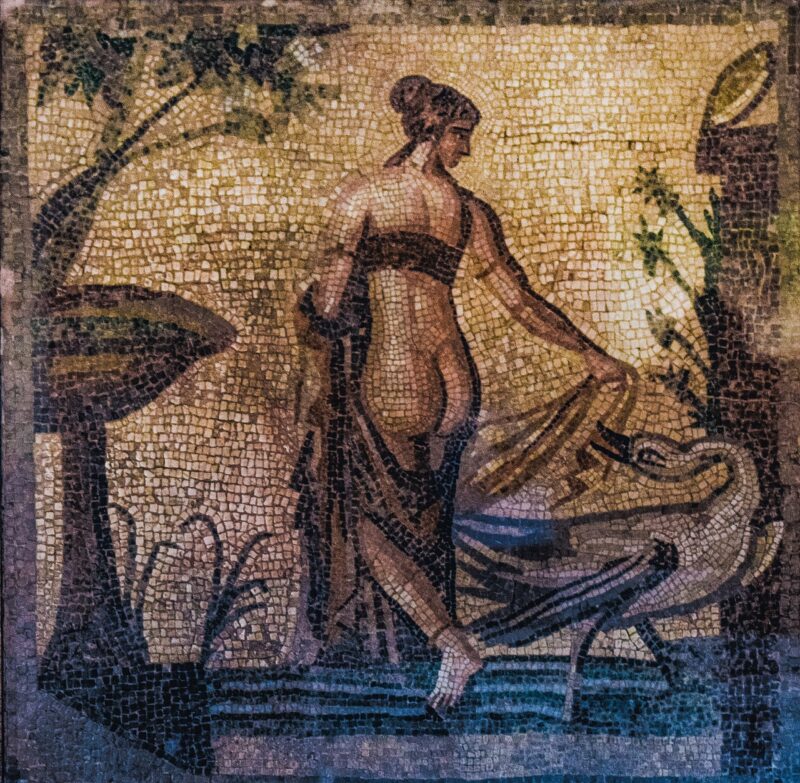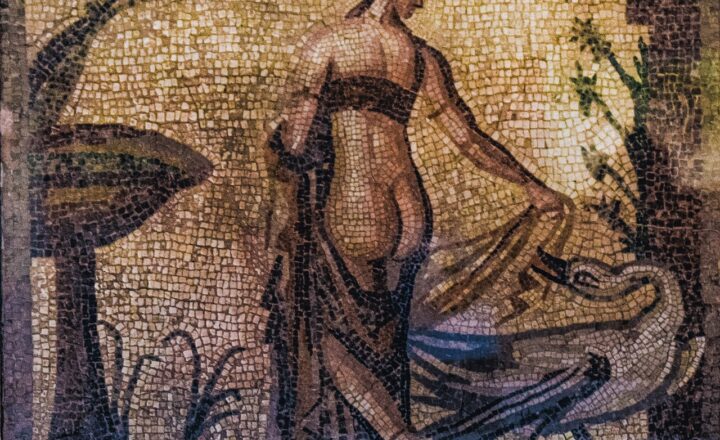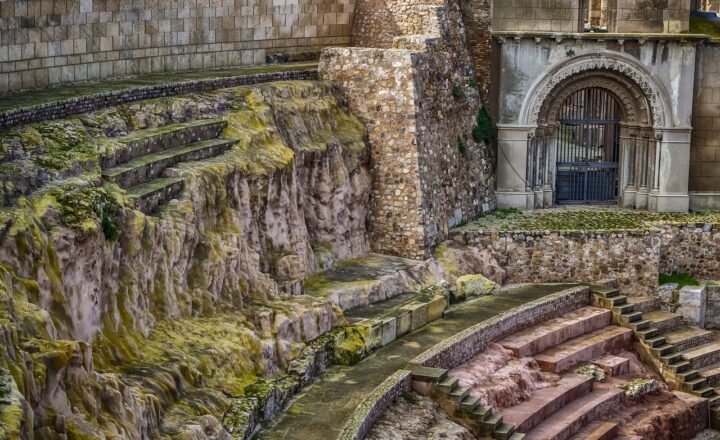Exploring the World’s Greatest Ancient Civilizations and Their Lasting Legacy
November 13, 2024

Ancient civilizations have always fascinated scholars, historians, and casual observers alike. From the towering pyramids of Egypt to the intricate city planning of the Indus Valley, each civilization has contributed unique advancements, cultural practices, and legacies that continue to influence our world today. In this comprehensive exploration, we will delve into some of the greatest ancient civilizations, highlighting their remarkable achievements and the lasting impact they have had on modern society.
1. Introduction to Ancient Civilizations
Civilizations emerge when communities increase in complexity, develop agriculture, engage in trade, and establish systems of governance. These societies pave the way for advancements in technology, culture, and social organization. Understanding the rise and fall of these civilizations helps us appreciate the foundations of modern civilization.
2. The Cradle of Civilization: Mesopotamia
Located between the Tigris and Euphrates rivers, Mesopotamia is often referred to as the “Cradle of Civilization.” This region, encompassing modern-day Iraq and parts of Syria, Turkey, and Iran, saw the rise of several influential cultures, including the Sumerians, Akkadians, Babylonians, and Assyrians.
Some key contributions from Mesopotamia include:
- Writing System: The invention of cuneiform writing by the Sumerians around 3200 BCE was a monumental milestone in human history. This allowed for the documentation of laws, commerce, and literature, preserving knowledge for future generations.
- Legal Codes: The Code of Hammurabi, one of the oldest deciphered writings of significant length, established the principle of justice and accountability, laying foundations for modern legal systems.
- Mathematics and Astronomy: Mesopotamians developed a base-60 number system, which is why we have 60 seconds in a minute and 360 degrees in a circle. They also made advancements in astronomical observations, influencing later scientific thought.
The legacy of Mesopotamia endures in our legal, mathematical, and literary frameworks, making it a critical pillar in the history of civilization.
3. The Pharaohs of Egypt: Masters of the Nile
Ancient Egypt, spanning thousands of years, is renowned for its stunning architecture, rich mythology, and well-organized society. The Nile River was vital for agriculture, trade, and transportation, leading to the emergence of a powerful empire that left behind iconic monuments and a wealth of knowledge.
Notable achievements of ancient Egypt include:
- Pyramids and Tombs: The construction of monumental structures such as the Pyramids of Giza and the Great Sphinx showcases the Egyptians’ engineering prowess and their beliefs in the afterlife. These structures served as elaborate tombs for pharaohs, reflecting their status and serving religious purposes.
- Hieroglyphics: The complex writing system of hieroglyphs allowed for the recording of history, religious texts, and trade transactions, vastly enriching our understanding of Egyptian culture and beliefs.
- Medicine and Science: Ancient Egyptians made significant advancements in medicine, including surgery and the use of herbal remedies, many of which are still relevant today. They also excelled in astronomy and mathematics, which aided in creating accurate calendars used for agricultural planning.
The advanced culture of ancient Egypt continues to captivate the world, influencing art, architecture, and religion throughout history.
4. The Indus Valley Civilization: An Urban Marvel
Flourishing around 2500 BCE, the Indus Valley Civilization spanned parts of modern-day Pakistan and northwest India. It showcased remarkable urban planning and a high standard of living.
Key features of the Indus Valley Civilization include:
- Advanced Urban Planning: Cities such as Mohenjo-Daro and Harappa were meticulously planned with grid layouts, sophisticated drainage systems, and impressive public baths. This level of city planning was unprecedented.
- Trade Networks: Indus Valley people engaged in extensive trade with Mesopotamians and other regions, utilizing standardized weights and measures, which indicates a high degree of sophistication in commerce.
- Art and Culture: The Indus Valley is known for its seals, pottery, and jewelry, reflecting a rich artistic culture that emphasized craftsmanship.
Despite its eventual decline, the innovations in urban planning and trade continue to inspire modern city designs and economic practices.
5. The Legacy of Ancient Greece: Foundations of Western Civilization
Ancient Greece is widely regarded as the foundation of Western civilization, influencing politics, philosophy, art, and science. The city-states of Athens, Sparta, and Corinth each contributed uniquely to this legacy.
Significant contributions from ancient Greece include:
- Democracy: Ancient Athens introduced the concept of democracy, whereby citizens could participate in decision-making, forming the basis for modern democratic systems around the world.
- Philosophy: Philosophers such as Socrates, Plato, and Aristotle laid the groundwork for Western philosophical thought. Their inquiries into ethics, politics, and metaphysics remain influential in modern discourse.
- The Arts and Sciences: Ancient Greece made remarkable advancements in art, developing the techniques that would influence sculpture and architecture for millennia. Their contributions to mathematics and science, especially through figures like Pythagoras and Archimedes, have had a lasting impact on scientific inquiry and thought.
The essence of Greek civilization permeates various aspects of contemporary culture, from governance structures to artistic standards and philosophical inquiry.
6. The Roman Empire: A Model of Governance and Infrastructure
The Roman Empire, encompassing vast territories across Europe, North Africa, and parts of Asia, is known for its innovations in governance, military strategy, and infrastructure. Lasting from the foundation of the city in 753 BCE until the fall of the Western Roman Empire in 476 CE, Rome’s influence remains evident today.
Key contributions from the Roman Empire include:
- Legal System: Roman law laid the groundwork for modern legal systems, emphasizing the importance of standards and principles that govern society.
- Engineering Innovations: The development of aqueducts, roads, and Roman arches demonstrates remarkable engineering capabilities. These innovations in infrastructure have shaped transportation and water supply systems for centuries.
- Cultural Assimilation: The Romans assimilated aspects of conquered civilizations, promoting cultural exchange that spurred advancements in language, art, and technology that enriched Roman society and influenced future European cultures.
The legacy of the Roman Empire is seen in the continued importance of law, governance, and infrastructure in modern society.
7. Conclusion: The Enduring Lessons from Ancient Civilizations
The study of ancient civilizations provides critical insights into the foundations of our modern world. Their successes and failures serve as pertinent lessons that can guide contemporary society towards a more enlightened and sustainable future. Recognizing the achievements of these civilizations not only deepens our appreciation for human history but also emphasizes the interconnectedness of our past with our present and future.
As we continue to explore the remnants of these ancient societies, their stories inspire new generations to learn, innovate, and contribute positively to the ongoing narrative of human civilization.







